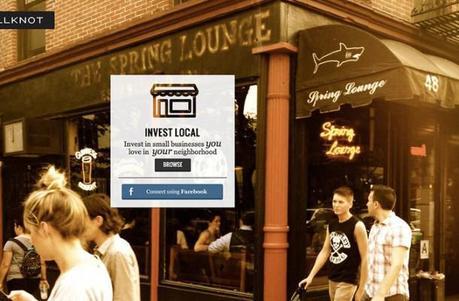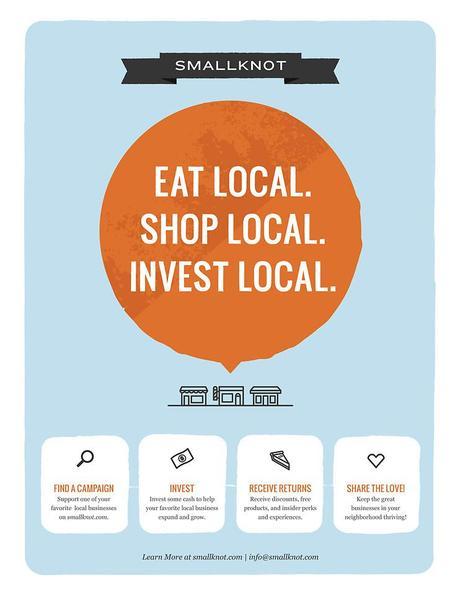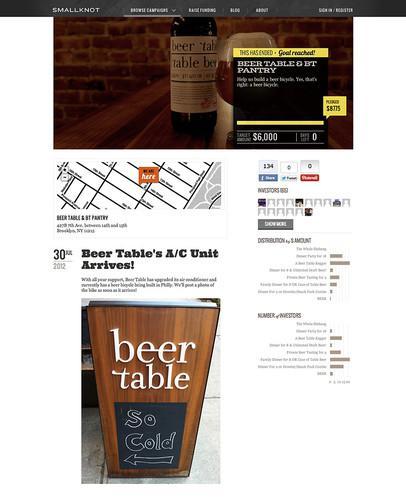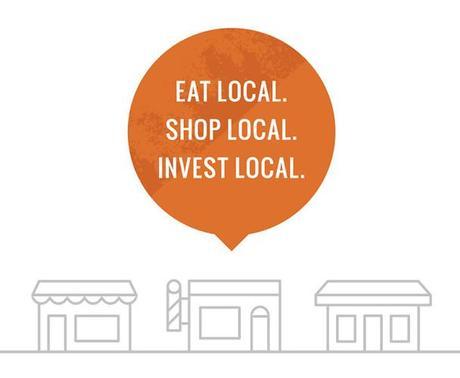
Smallknot lets you invest in the small businesses in your community in exchange for goods, services, special perks and benefits. Working exclusively with local businesses that are looking to expand and grow but need a little extra capital to get there.
Maybe your favorite coffee shop wants to build a new back patio, or your favorite pizza place needs a new oven. For a lot of local businesses, even very successful ones, projects like these get put on hold or never happen because of a lack of access to capital. Banks don’t lend to the smallest businesses in your neighborhood, and credit cards are costly and expensive. With Smallknot, you can help fund a project in your neighborhood and get back real value paid back in kind and at a premium.
“One of my co-founders and I began our careers on Wall Street right after the collapse of Lehman Brothers,” says Jay Lee, a Harvard Law School graduate and one-time corporate finance lawyer. “We saw enormous international financial transactions running through our offices, while small businesses were being shuttered and replaced by chains on our blocks. The financial system made it easy to channel billions of dollars all over the world, but makes it nearly impossible to put money to work just 50 yards down the block. That’s ridiculous.”
Lee and his partner quit their jobs on Wall Street shortly thereafter. Then, in an about-face that would have made Jane Jacobs proud, they relocated from Manhattan to Brooklyn and founded SmallKnot, a company that they hope will foster the kind of local businesses that have disappeared from New York over the past two decades.
Think of it as neighborhood-based seed funding. On Smallknot, local businesses can exchange goods and services for capital investments from their fans. On Smallknot, business owners can launch a campaign to incentivize their own customers to invest, in return for special deals and perks–not unlike a more targeted, localized version of Kickstarter.
Since launching in October, Smallknot has helped a fairly diverse group of small businesses raise funding: $2,500 for a new cake shop, for example, and $10,000 to help beloved Williamsburg brunch spot, Egg, replace its tables and chairs. Today, a small progressive radio show in South Carolina is hoping to rebuild its website after a hacker knocked it offline ($100 will make you co-host for a show).




